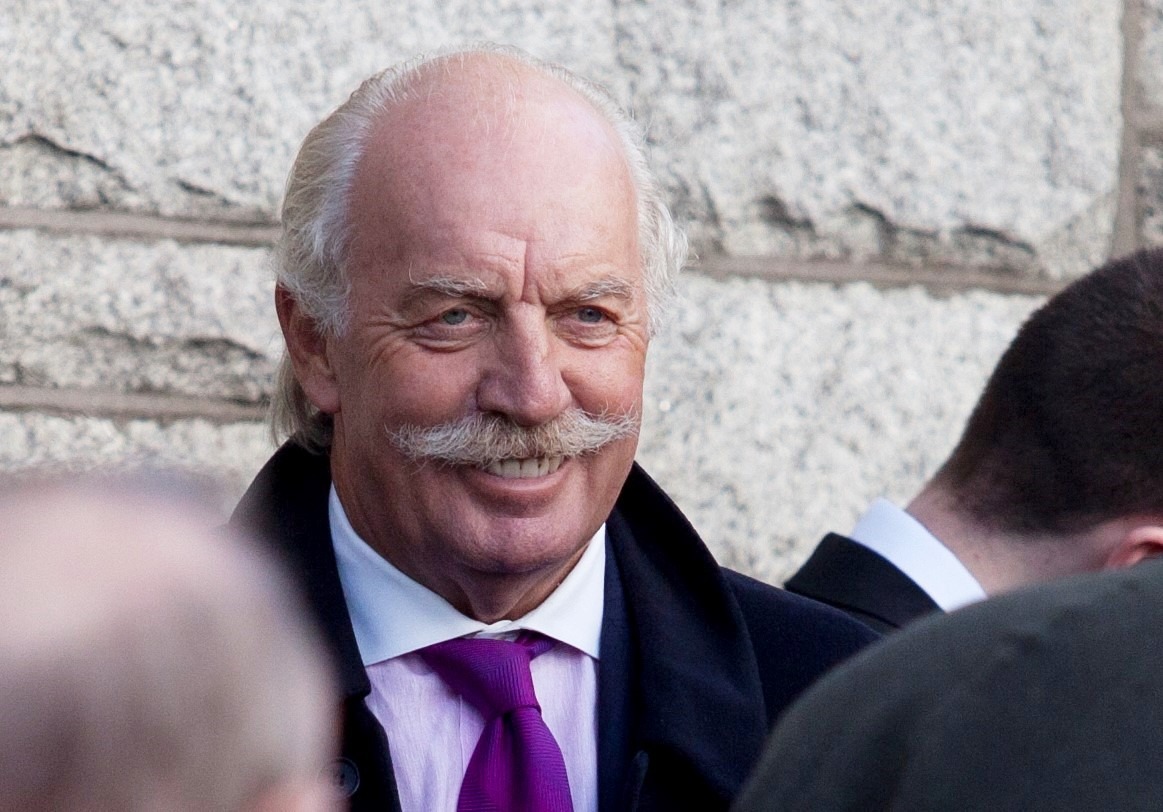The Panama Papers represented an unprecedented leak of 11.5 million files from the database of the world’s fourth biggest offshore law firm, Mossack Fonseca. The cache of documents, which detailed information for more than 214,488 offshore entities, highlighted myriad ways in which the rich use secretive offshore tax regimes. Obtained from an anonymous source by the German newspaper Süddeutsche Zeitung, the leak was subsequently shared with the International Consortium of Investigative Journalists (ICIJ). When published in early 2016, it caused an international sensation – leading to calls for greater international financial transparency. As the Irish member of the ICIJ, The…
Cancel at any time. Are you already a member? Log in here.
Want to read the full story?
Unlock this article – and everything else on The Currency – with an annual membership and receive a free Samsonite Upscape suitcase, retailing at €235, delivered to your door.

